Guarding Eritrea’s Sovereignty: September 1st and the Meaning of Unity
Eritrea’s unity and sovereignty, won through sacrifice, face new tests. As “Asmarino” gatherings grow, Eritreans must stay vigilant against division.
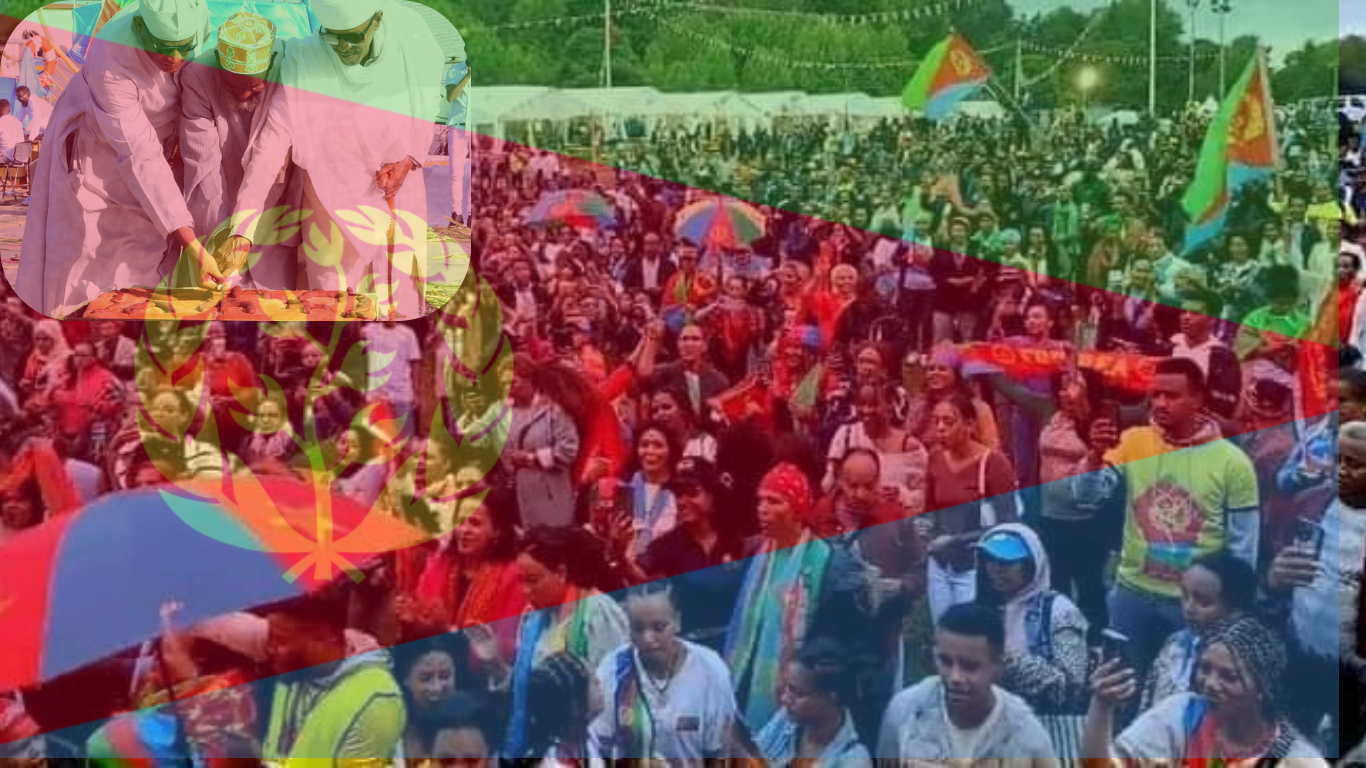
September 1st, 1961, marks the beginning of Eritrea’s armed struggle for independence, a day that continues to symbolize courage, sacrifice, and the unyielding determination of a people. Sovereignty for Eritrea is sacred—earned through immense sacrifice—and nationalism is the unbreakable unity that binds the nation. Eritreans remain resolute in safeguarding it, for no force and no division of ethnicity, region, or religion will ever be allowed to undermine the collective struggle and victory that define their identity.
Over the last few years, however, a new trend has emerged across the Eritrean diaspora. Gatherings are being organized based on neighborhoods like Deki Mai Temenai, Gejeret, or Amba Galiano; schools such as San Giorgio and Comboni; and sports clubs like Bochiofila. On the surface, these events provide opportunities for Eritreans to reconnect, relive childhood memories, and strengthen social bonds. They can be a source of pride and nostalgia.
Yet, a concerning pattern is visible. In many of these gatherings, Eritrea itself is absent—no mention of the country, no representation of its sovereignty, and no reflection of its nationalism. This detachment raises questions. Is it to accommodate non-Eritreans who grew up in Asmara? Is it an attempt to appease those who have stood at the fringes of Eritrean society, advocating for regime change or working against the nation’s unity? At the very least, this absence of Eritrea at the center of Eritrean gatherings deserves scrutiny.
Pre-Covid, I had a personal encounter that highlighted this unease. A childhood friend visiting from the Midwest invited me to an Asmarino gathering in Arlington. Out of respect for him, I went along. As soon as we arrived, all heads turned toward me with a look that seemed to ask, “what is he doing here?” The discomfort was palpable. I stayed long enough to see the reality: a room full of characters I had recognized and many non-Eritreans who identified as “Asmarinos.” The atmosphere felt detached from Eritrea itself, almost intentionally so.
This experience stayed with me. It revealed not only nostalgia for a city but also a subtle resistance toward those who carry Eritrea in their heart and actions. It felt like something more was at play—something beyond simply reliving the past.
“You can still love your country, and know your country is not the most perfect in the world. And you can be appreciative of other countries, yet remain a patriot.” — 🇸🇬Ho Kwong Ping
This quote captures the essence of Eritrea’s experience. Patriotism is not blind loyalty; it is the conviction to defend your nation’s sovereignty even while recognizing its imperfections. Eritreans have lived this truth. While appreciating the world and engaging with it, they have never wavered in their responsibility to safeguard their homeland.
Eritrea’s history is a testament to how powerful nations work to undermine sovereignty, nationalism, and nationalists as tools to weaken countries and exploit them. From regime-change campaigns to vilification in international media, from sanctions to economic strangulation, Eritrea has faced it all. These were not accidental pressures—they were designed to break the Eritrean spirit and fracture its unity.
Instead, Eritreans inside the country and across the globe carried the burden of defending their nation. They organized tirelessly in diaspora communities, lobbied governments, challenged false narratives, and preserved Eritrea’s image when others sought to destroy it. Sovereignty was protected not only by arms on the battlefield but by Eritrean communities worldwide who refused to surrender their voice. Against all odds, Eritrea emerged victorious, one of the few nations to resist such relentless pressure and remain independent on its own terms.
In the backdrop of this history, we are also seeing former disgruntled operatives, once sidelined and rendered irrelevant, resurface to give interviews. At the same time, there have been active campaigns to recruit pro-government Eritreans into activities that appear neutral but are detached from Eritrean nationalism. When considered together with these gatherings, the question arises: is this coordinated? Whether intentional or not, the effect is the same—it chips away at the unity, nationalism, and patriotic zeal that Eritreans have protected for decades.
I am a product of Asmara. I grew up in Imba Galiano and Idaga Hamus, very close to Mai Temenai. I played sports in Bochiofila, won a championship, and even refereed games there. I am Asmarino, shaped by the best days of the city, raised in a family that embodied the Asmarino spirit. But being Asmarino does not stand apart from being Eritrean—it is part of it. Our identity, our sovereignty, and our nationalism cannot be detached from the collective struggle that defined us.
Now our adversaries know they cannot defeat us publicly, throwing stones from the outside. What, then, is left? To test us from within, to blur the meaning of unity, and to erode our nationalism in indirect ways. This is something every Eritrean must ponder, especially on September 1st, because our sovereignty and our collective identity are too precious to be taken for granted.
Enjoyed this article? Support Nefasitpost by subscribing or making a donation today at Nefasitpost.com. Together, we can keep independent voices strong.
Get my book, Eritrea The Struggle Is Long, and Victory is Certain
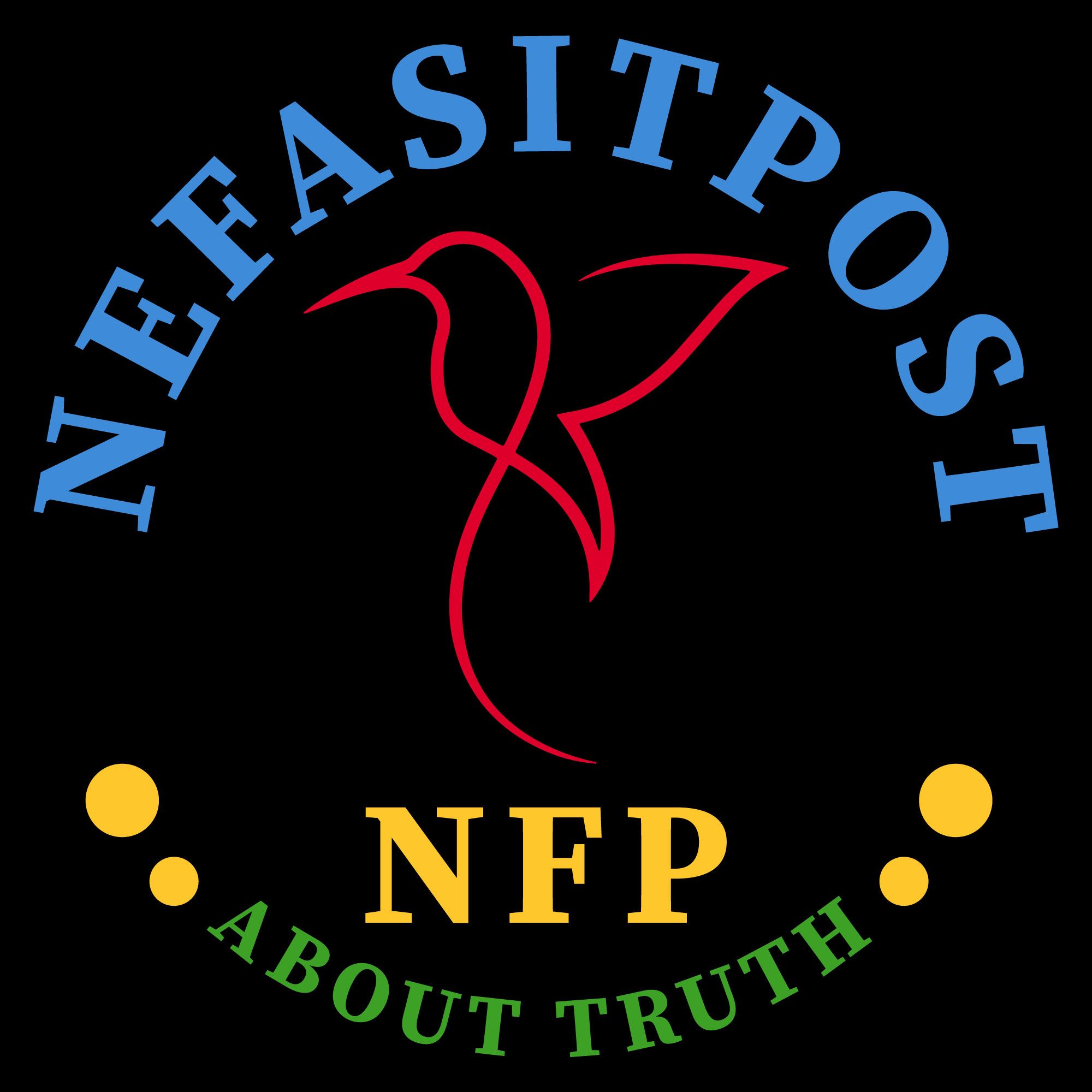
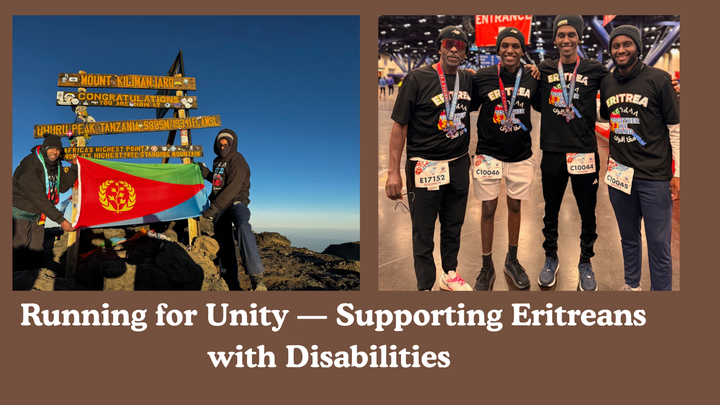
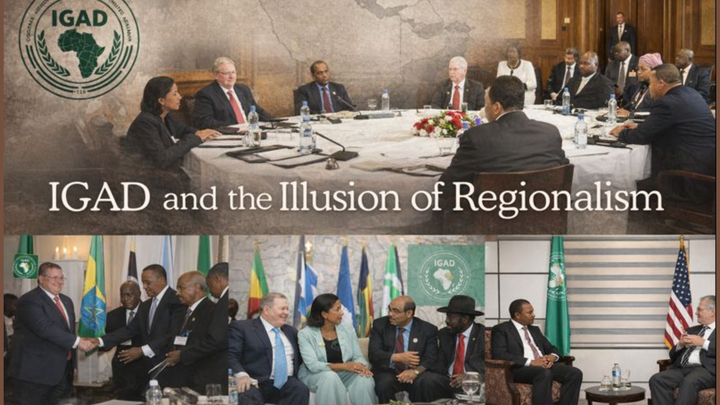
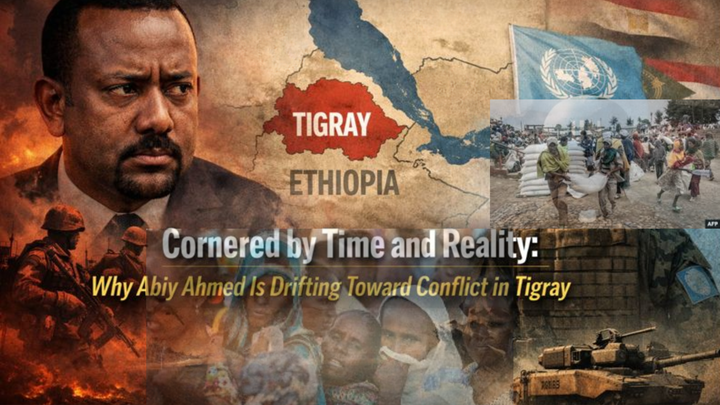
Comments ()